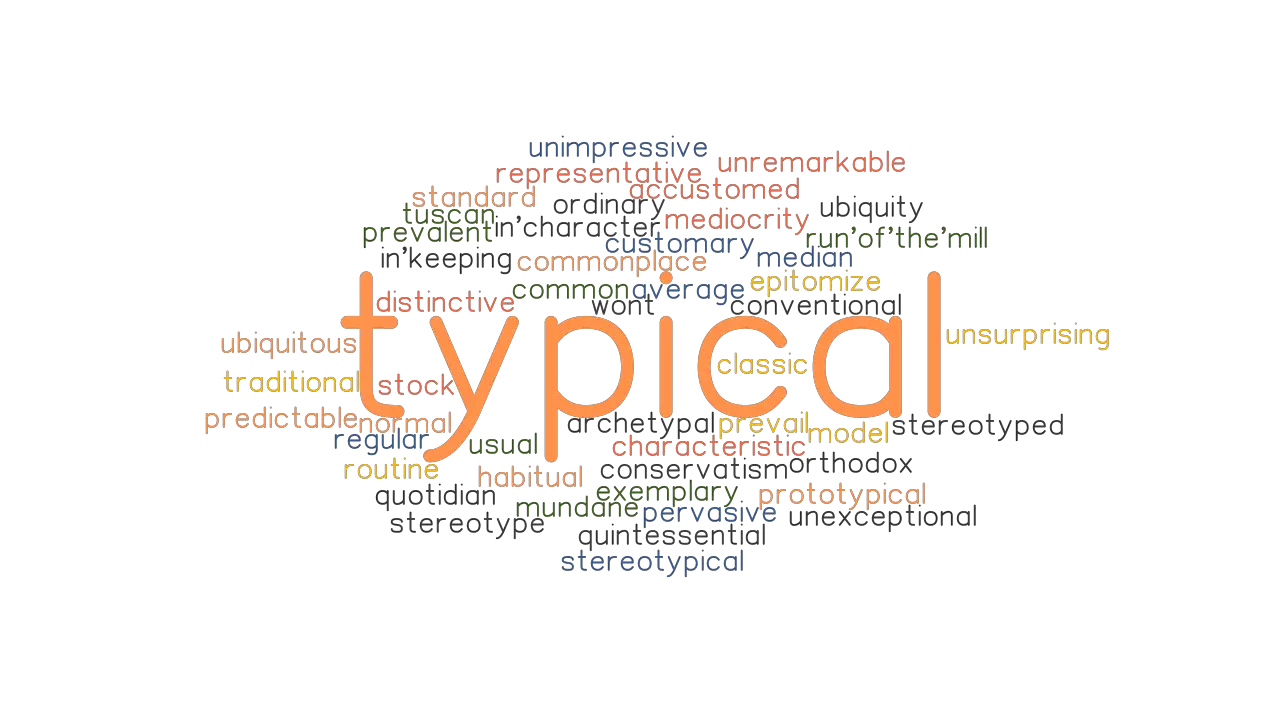

Once you've finished the entire chapter using the preceding steps, go back over the questions you create for every heading. Refine your mental organization and begin building memory If not, look back at the text again (as often as necessary), but don't move to the next section until you can recite the answers from the previous one. Retrain your mind to concentrate and learn as it readsĪfter each section, stop and recall your questions and see if you can answer them from memory. Recognize when you need to make up some new questions. Read one section at a time with your questions in mind and look for the answers. READįill in the information around the mental structures you've been building When your mind is actively searching for answers to questions it becomes engaged in learning. You may always add further questions as you proceed. The better the questions, the better your comprehension is likely to be. Turn the boldface heading for each section into as many questions as you think will be answered in that section. Notice reading aids – Italics, bold face print, chapter objective, and end-of -chapter questions are all included to help you sort, comprehend, and remember.This method also used regular expressions, but string function of getting all the punctuations is used to ignore all the punctuation marks and get the filtered result string. Notice any graphics – Charts, maps, diagrams, etc. The list of words is : ‘Geeksforgeeks’, ‘is’, ‘best’, ‘Computer’, ‘Science’, ‘Portal’ Method 3 : Using regex () + string.punctuation.
Discuss another word for previous free#
Would you like us to send you a FREE new word definition delivered to your inbox daily Please enter your email address: Subscribe Discuss these prior knowledge definitions with the community: 0 Comments.
Discuss another word for previous how to#
Follow the steps below to learn how to glean as much information as possible from the text requirements from any class.

In addition to providing hitherto unavailable information for linguists, historians of language, authors, students of English, and textual scholars, A Thesaurus of Old English is a rich resource for investigating social and cultural history, showing the development of concepts through the words that refer to them.SQ3R is a reading comprehension method named for its five steps: survey, question, read, recite, and review. This online version enables users to pinpoint the range of meanings of a word throughout its history, their synonyms, and their relationship to words of more general or more specific meaning. The Thesaurus is edited by Jane Roberts and Christian Kay with Lynne Grundy. The provision of brief indications of meaning at all levels of this scheme allows word-senses to follow on from ideas explained, so that this thesaurus incorporates information about word meaning and could be described as an inside-out dictionary, with meanings first and then words.
This allows the user to approach the materials of the Thesaurus by subject rather than through an alphabetic index as is the case for many thesauri. A Thesaurus of Old English is conceptually arranged, and presents the vocabulary of Anglo-Saxon England within ordered categories.


 0 kommentar(er)
0 kommentar(er)
